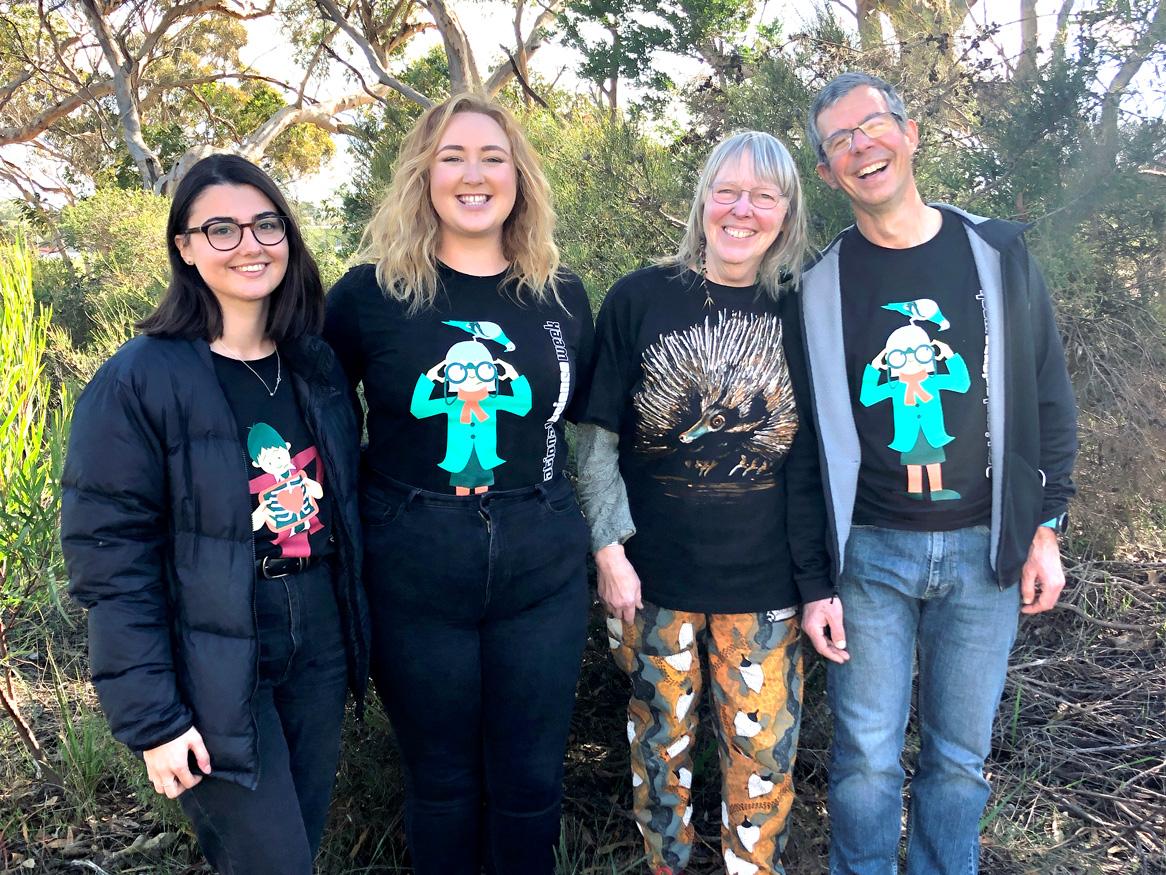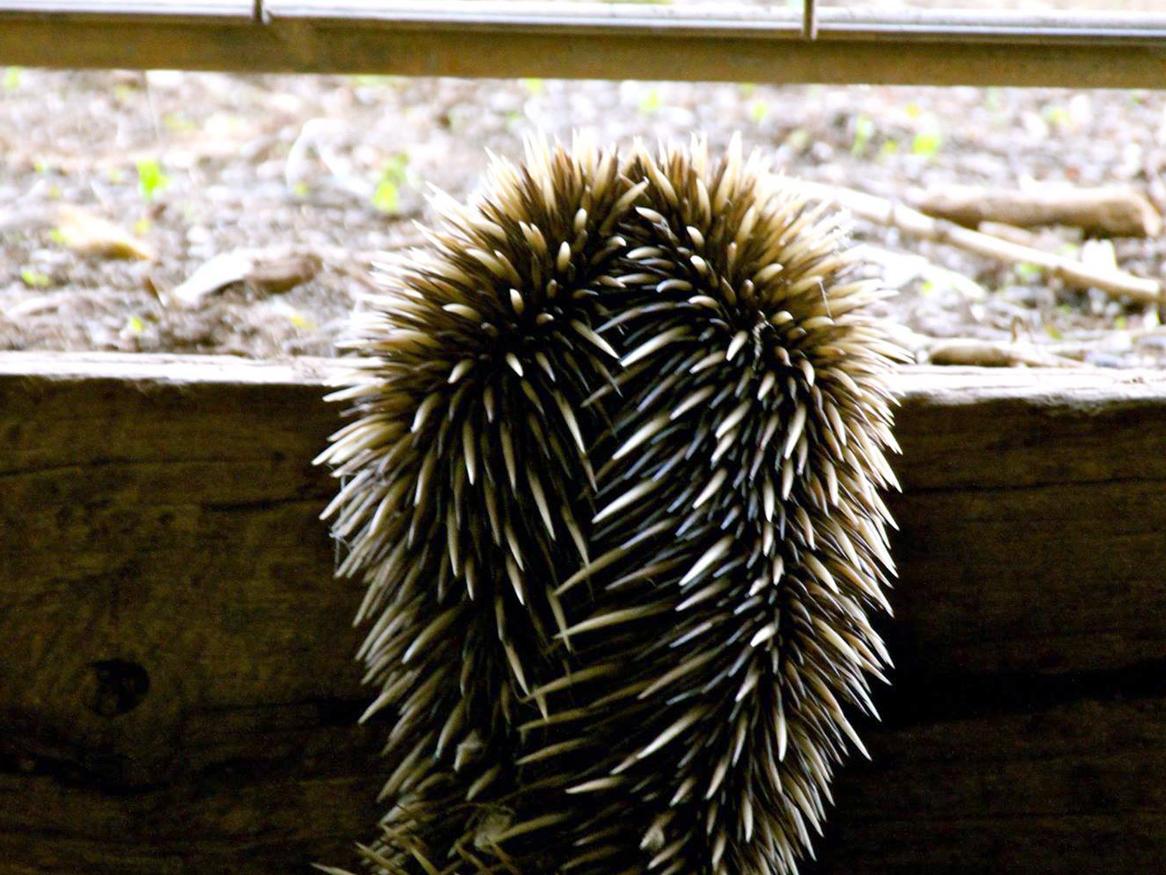Echidna Conservation Science Initiative - Echidna CSI
Echidna CSI is an Australia-wide initiative that is helping to conserve our wild echidnas.
We are a team of world-leading echidna researchers connecting with the community to learn more about these unique creatures.
Thousands of Australians have sent us photos of echidnas through our Echidna CSI app. They have even collected echidna poo for University of Adelaide researchers to use for molecular analysis.
Echidna CSI has collected unprecedented data and material to help ensure the long-term survival of this iconic Australian animal.
Download the app
See an echidna? Take a photo or video with your smart phone and send us the details!
Echidna CSI news
South Australian Biodiversity Under Threat from Ongoing Drought Crisis
Three Environment Institute members have featured in The Guardian, shedding light on how South Australia’s historic dry spell is impacting ecosystems. Dr Stefan Caddy-Retalic spoke on widespread tree dieback across the Adelaide Hills, Dr Jess Marsh raised alarms for the critically endangered Kangaroo Island assassin spider, and Dr Katja Hogendoorn warned of a looming collapse in native bee populations.
Is Australia Ready for a 20-Year Megadrought?
Australia’s droughts are becoming longer and more intense, new research from Dr Georgy Falster at the University of Adelaide suggests the country could face megadroughts lasting 20 or more years. Supported by an ARC DECRA Fellowship, Dr Falster is taking a holistic approach by combining historical data from tree rings, weather records, and climate models to better understand past droughts and predict future risks. Her work aims to improve national preparedness and ensure droughts don’t become disasters.
New Methods Discovered to Repurpose Lignin
Environment Institute member Dr Fiona Whelan and Associate Professor Stephen Bell, have developed a new sustainable method to repurpose lignin waste. Using an enzyme from the bacterium Amycolatopsis thermoflava, they’ve created a more environmentally friendly way to break down lignin, a common by-product from forestry.
Image credits: Banner image - Cecilia Webster; 'Download the app' image - Matthew Wilkinson.


